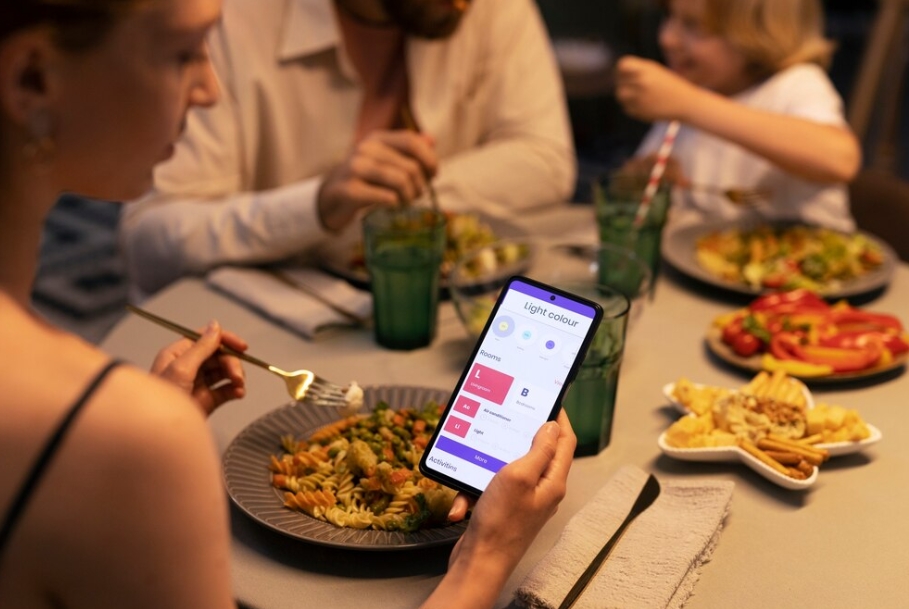The global market for online restaurant reservation systems is projected to reach $5 billion by 2032, according to a study by Business Research Insights. Valued at approximately $2 billion in 2023, the sector is showing strong growth with a compound annual growth rate (CAGR) of around 10.3%.
These systems enable customers to easily book tables through apps or websites, selecting the date, time, and party size. They also offer additional features such as automated email or SMS confirmations and waitlist management.
In addition to enhancing the customer experience, reservation apps provide significant benefits to restaurant operators, including reducing no-shows, improving efficiency during peak hours, and integrating with customer relationship management (CRM) systems.
But how to use reservation apps to optimize this experience? Below, we explore five popular platforms transforming the industry:
5 Restaurant Reservation Apps You Need to Know
1. Eat App
Focused on efficiency and flexibility, Eat App allows restaurants to manage reservations, waitlists, and customer preferences in one integrated system. It also provides detailed reports, helping operators better understand customer habits.
2. Resy
Highly popular in the United States, Resy is known for delivering a personalized experience for both customers and restaurants. The system includes tools for managing real-time reservations and automated reminders to minimize last-minute cancellations.
3. OpenTable
A pioneer in the field, OpenTable remains one of the most widely used platforms globally. In addition to facilitating reservations, the app enables restaurants to showcase promotions and special offers, attracting new customers.
4. Tock
Tock stands out by focusing on unique experiences, such as prepaid dinners or tasting menus. The platform also serves as a tool for selling tickets to exclusive gastronomic events.
5. SevenRooms
With an emphasis on customer loyalty, SevenRooms collects and organizes detailed client data, helping restaurants deliver personalized service and targeted marketing campaigns.
These apps reflect the impact of technology on the hospitality sector, streamlining operations and enhancing the experience for both restaurants and diners.
Moving forward, the market is expected to continue evolving, with increasingly integrated and personalized features.
Whether avoiding long waits or ensuring a seamless dining experience, these apps are reshaping how people engage with the restaurant industry, proving to be indispensable tools in the sector’s modernization.
